Maryland DUI Lawyer
Nicholas Parr The Experienced Maryland DUI Lawyer You Need If You Have Been Charged With Drunk Driving In Maryland.
After being arrested for a DUI or DWI in Maryland the following days can be filled with regret and uncertainty.
Nicholas A. Parr is an experienced Maryland DUI lawyer and is here to answer your questions and help you get back on track. Everyone makes mistakes, the trick is learning from those mistakes and never making them again. If you were arrested for drinking and driving contact us today for a free consultation as soon as possible.
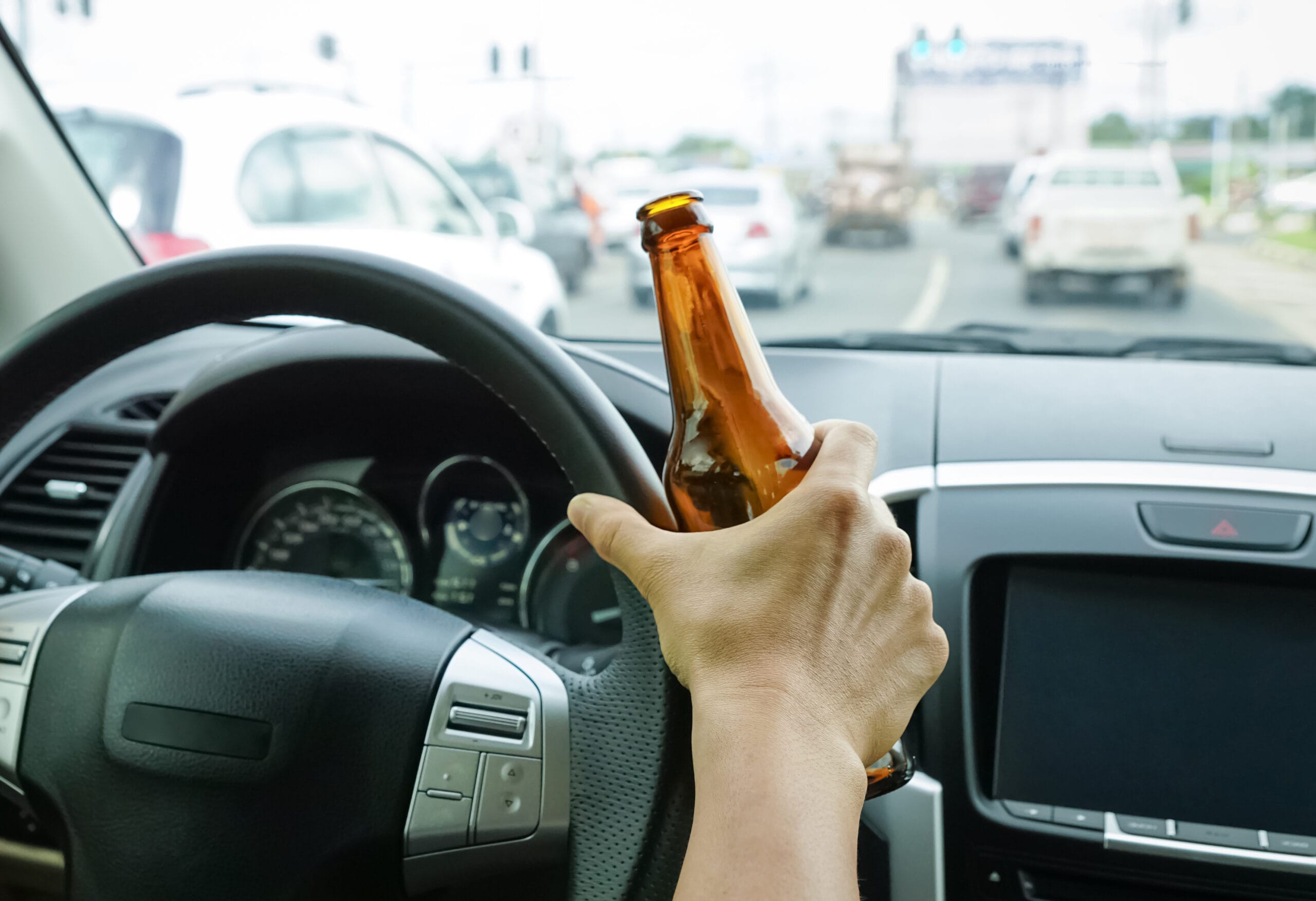
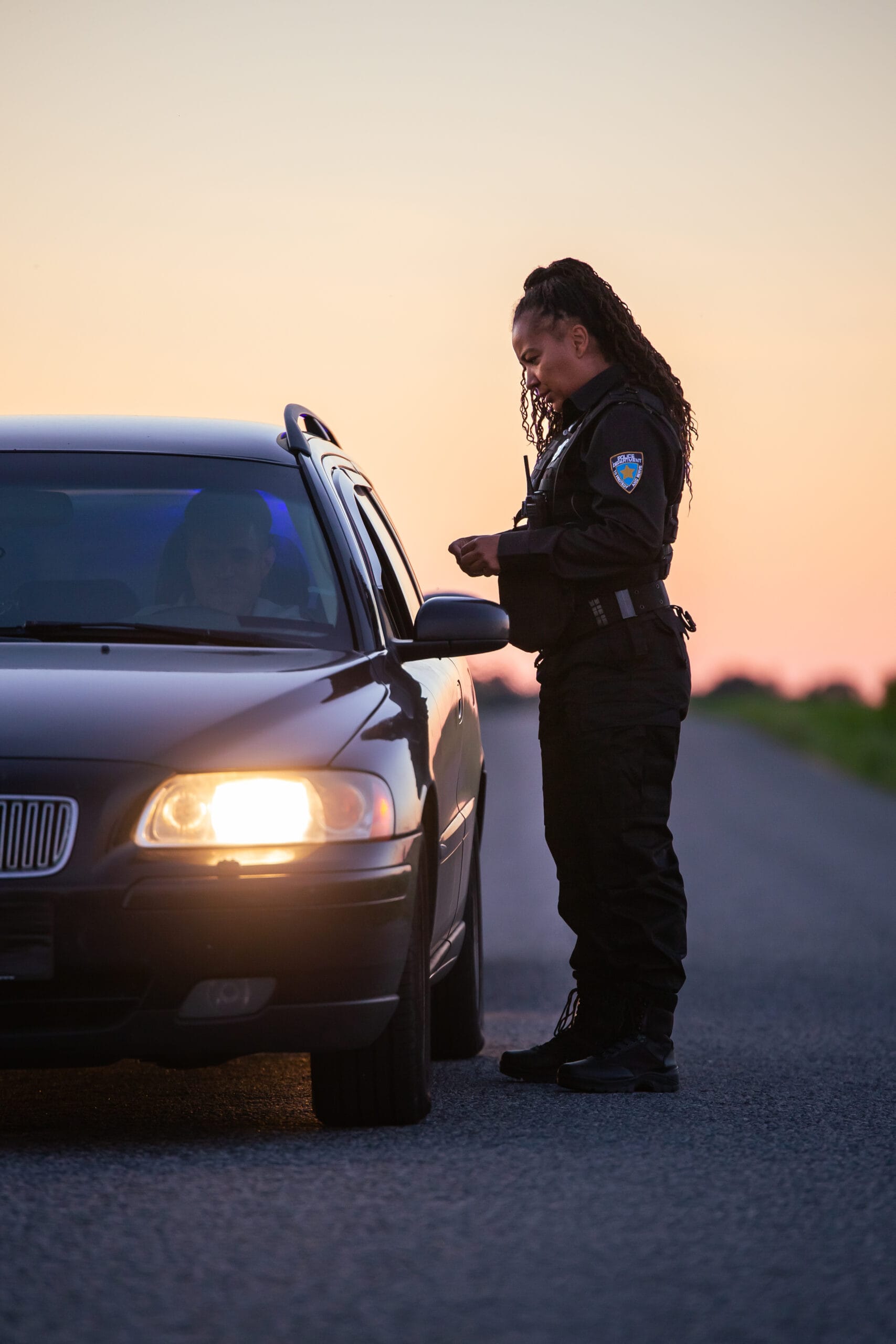
What is the difference between DUI and DWI?
DUI stands for driving under the influence of alcohol and is the more serious drinking and driving charge. DUI is often referred to as the “A” charge. DUI requires a higher level of impairment. DUI is a misdemeanor and has a maximum penalty of one year in jail and/or a $1,000.00 fine. A conviction can result in the imposition of 12 points, and the possibility of a revocation of the driver’s license or privilege to drive. In Maryland, a BAC level of .15% or greater constitutes driving under the influence of alcohol. Sometimes drivers who have a BAC of greater than .08% are charged with DUI “per se” which simply means that the defendant had a breath result of .08% or higher.
DWI stands for driving while impaired by alcohol and is the lesser drinking and driving charge. DWI is often referred to as the “B” charge. DWI is a misdemeanor and has a maximum penalty of two months in jail and/or a $500.00 fine. A conviction can result in the imposition of 8 points, and the possibility of a suspension of the driver’s license or privilege to drive. In Maryland, a BAC level between .07% and .08% constitutes driving while impaired by alcohol. Still, a Maryland driver can be charged with driving while impaired by alcohol or drugs with an even lower BAC level. However, if the BAC is .05% or less there is a presumption that the driver was not impaired.
Do I need an MVA Hearing?
That choice depends on the circumstances.
Your license was most likely taken and you were issued a 45 day temporary license. If you refused the breathalyzer or if your blood alcohol concentration was .15% or greater, you might as well save your money and skip the MVA hearing. In these instances, you can simply contact an interlock provider directly. However, if you need a work vehicle exception for the interlock an MVA hearing is necessary.
If your BAC was less than .15% your license will be suspended. If you need to drive your car for work, school, doctor’s appointment, etc., you should request a hearing so that a modification of the suspension can be requested. Otherwise, you will not be allowed to drive during the imposed suspension. In addition, if the officer did not follow required procedures an MVA hearing is an opportunity to expose defects in the MVA’s case. If a defect is established, the MVA may be unable to suspend your driving privileges and must reinstate your license.
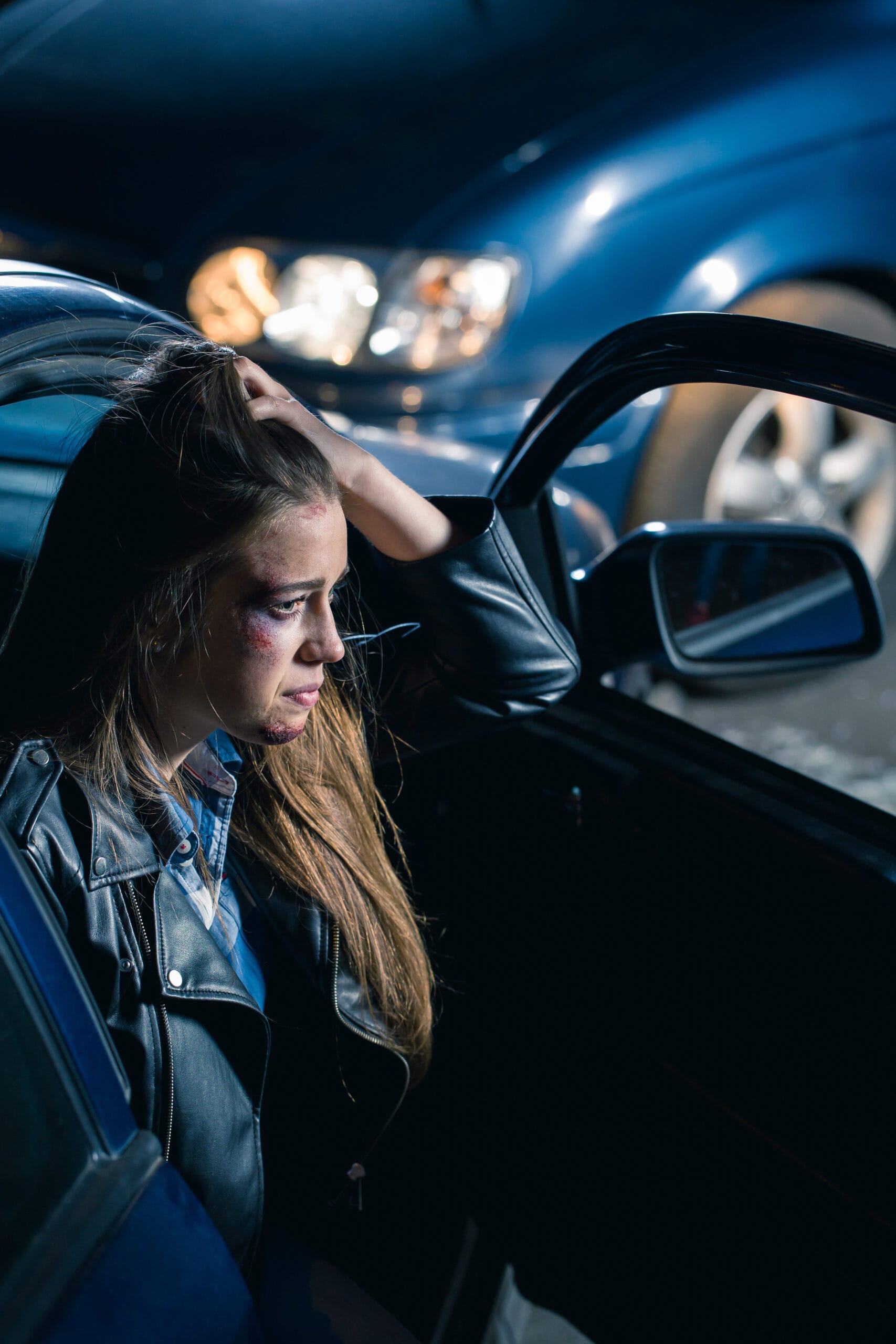
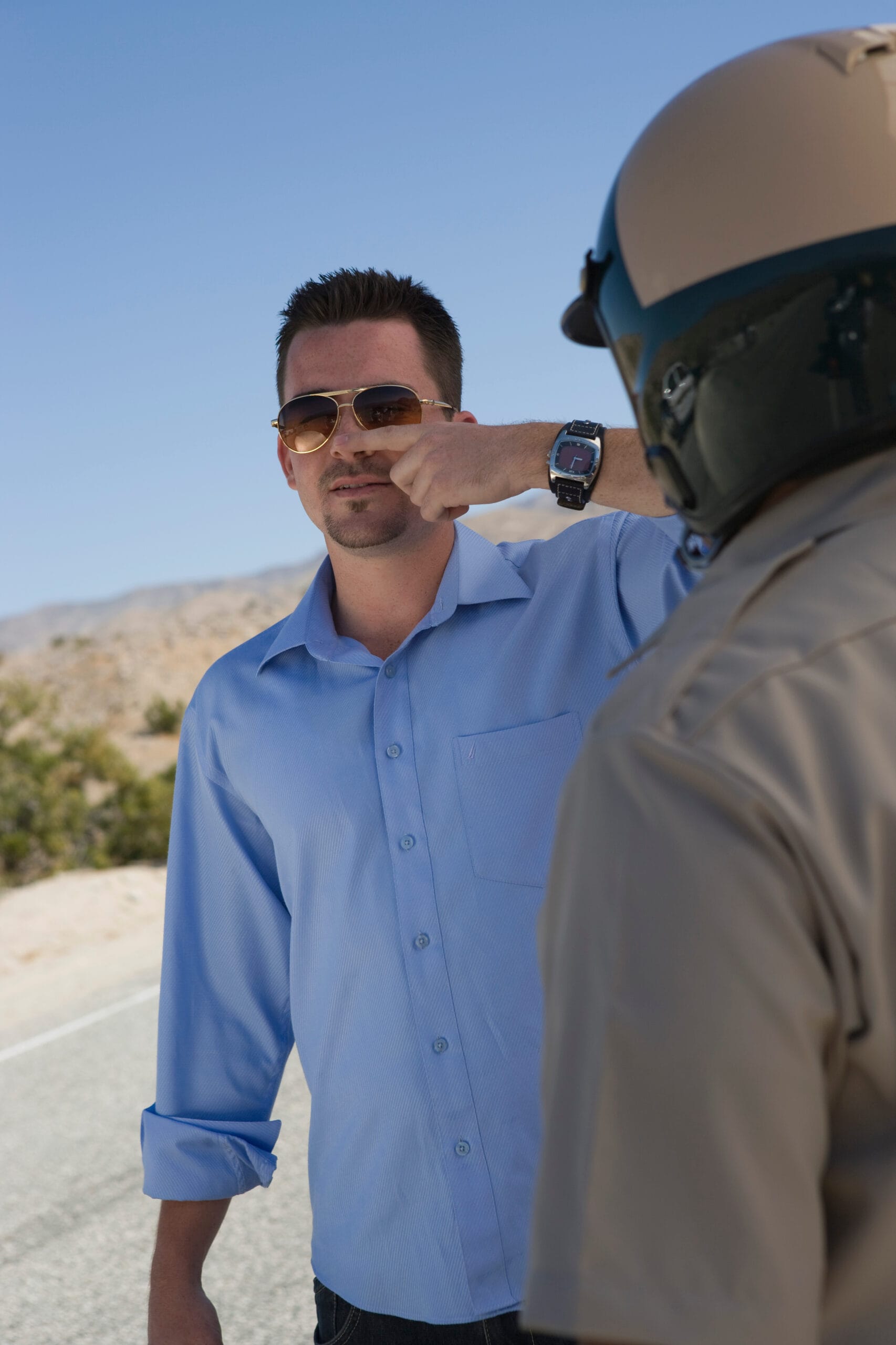
Did I fail the field sobriety tests?
If you were arrested for drinking and driving there is a good chance you were asked to perform three standard field sobriety tests. The three standard field sobriety test include:
- Horizontal Gaze Nystagmus
- One Leg Stand
- Walk and Turn
Many people don’t realize that you can politely refuse to take the standard field sobriety tests. Not only are they a tool that law enforcement uses to assess impairment they are also an opportunity to collect evidence to use against you. Each test has specific triggers or points that police officers look for to indicate impairment. Many of these triggers or points are subjective and not fair. For example, almost everyone raises their arms when asked to keep their balance. Well if you do that while performing the one leg stand or walk and turn, that is a point against you. In fact, you are supposed to keep your hands just inches from your sides. The most common mistake is starting the tests before told to do so. This mistake is common because so many drivers are eager to show the officer that they are not impaired by or under the influence of alcohol. One more common mistake is spinning at the turn of the walk and turn, that might be the best way to turn but it’s not correct. You need to follow the specific instructions. Unfortunately, the police officers don’t always give the best instructions.
Should I refuse a breathalyzer? What happens if I refused the breathalyzer?
Whether to take the breathalyzer is a hard question with no right answer.
The best answer is that it depends on the circumstances. The breathalyzer is just one more tool law enforcement uses to assess impairment but at the same time collect evidence to use against you. In some instances, the less evidence the better. The higher the BAC the more likely the judge is to impose severe consequences. In addition, a refusal and a BAC of .15% or greater have the same consequences at the MVA-you will need to get interlock. One benefit to refusing the breath test is that the prosecutor will not have sufficient evidence to proceed with the DUI charge and will only be able to pursue the DWI. One important fact about the breathalyzer that is misunderstood is that the initial breath test done at the traffic stop is not admissible. The breath test that is done at the police barracks is the one that counts.
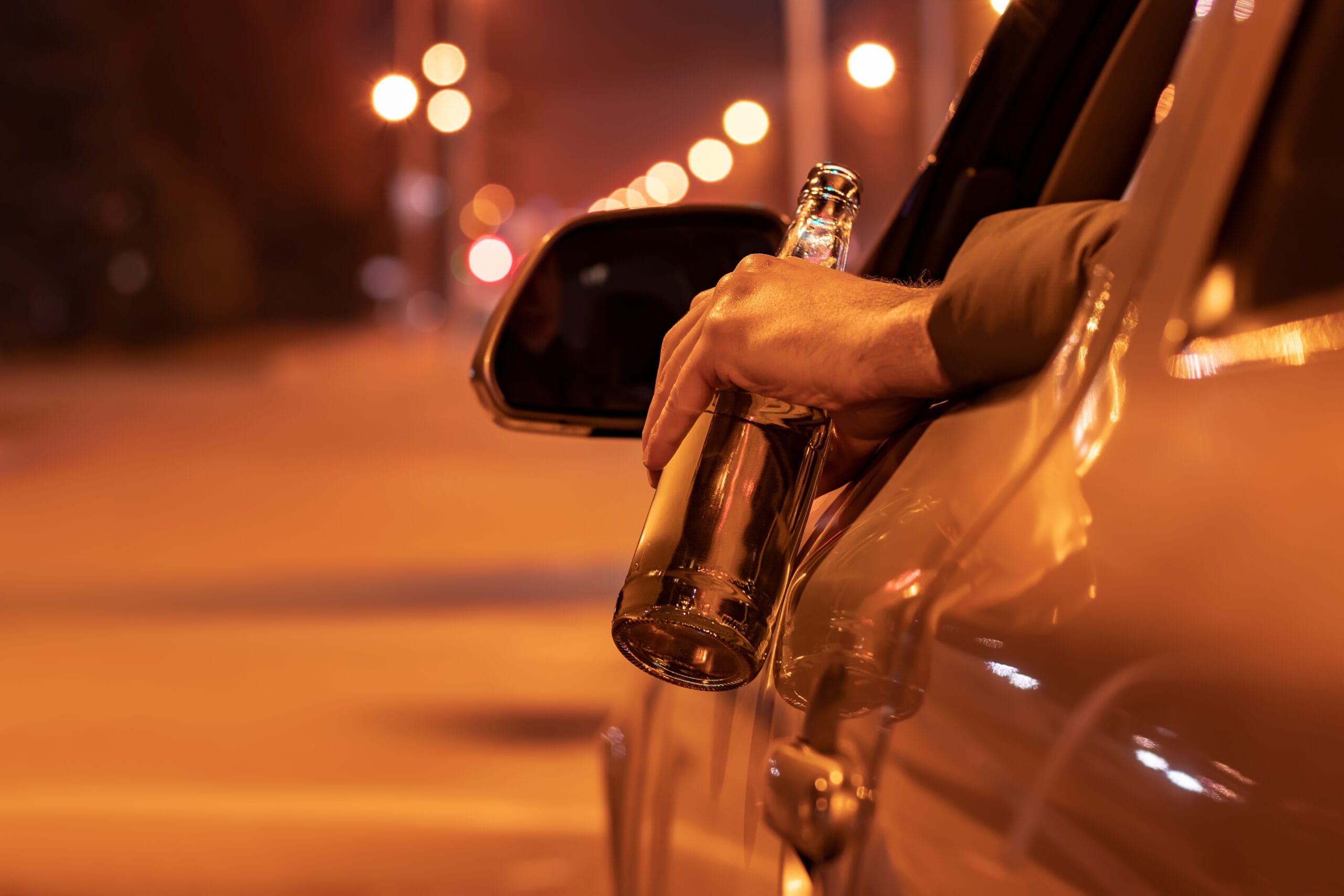
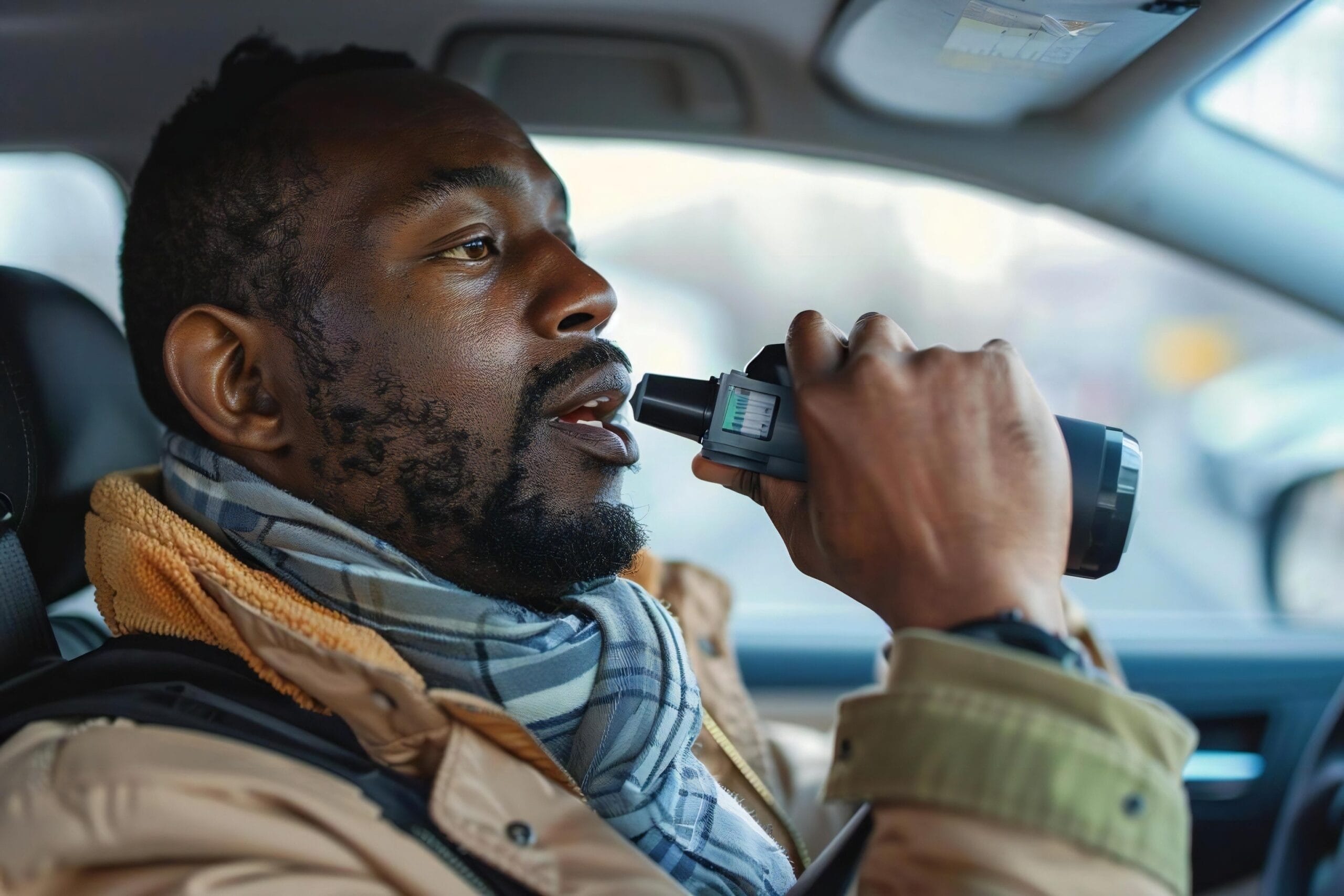
What is a probation before judgment?
If the State has defects in its case there may be a trial and a verdict of not guilty.
However, often the State has the evidence it needs to get a conviction. In these instances, a guilty plea may be appropriate. If you choose to plead guilty, the best possible outcome is a probation before judgment, often referred to as a PBJ. A probation before judgment is not a conviction and no points will be assessed to your driving record.
What are the possible consequences?
- Probation
- Alcohol evaluation and treatment
- MADD Victim Impact Panel
- Observation at Shock Trauma
- Fines
- Jail
- Suspended Sentence
- Interlock
- Community Service
- Drug and alcohol testing
- AA classes
DON’T WAIT ANY LONGER
Call today for a free consultation. We don’t receive a fee unless we win.
Read More About DUI/DWI On Our Blog:
No posts


